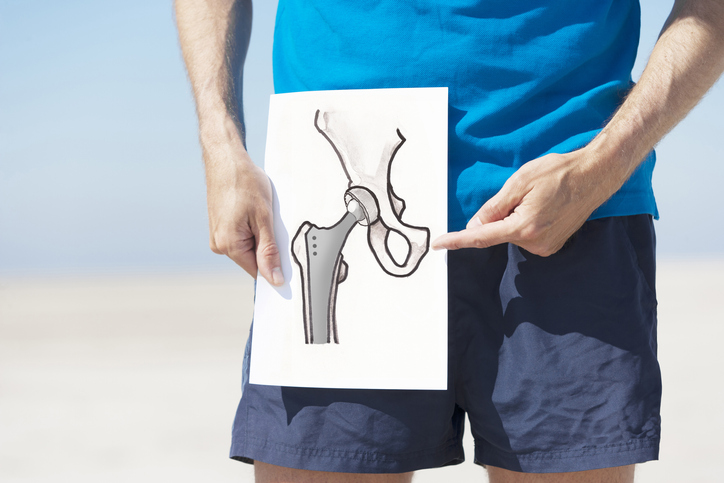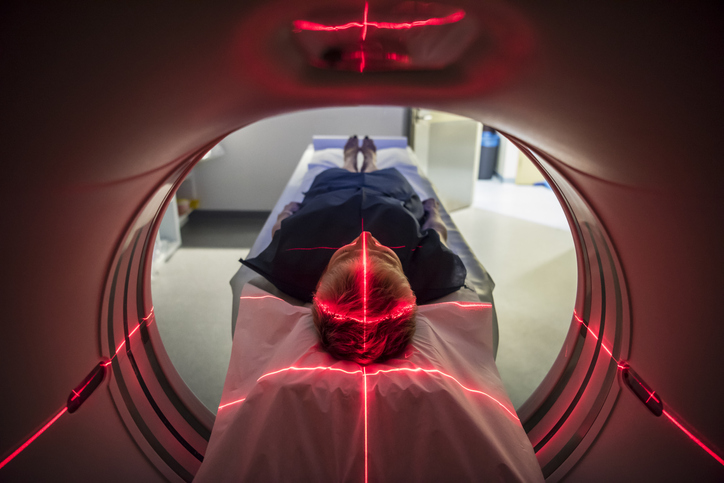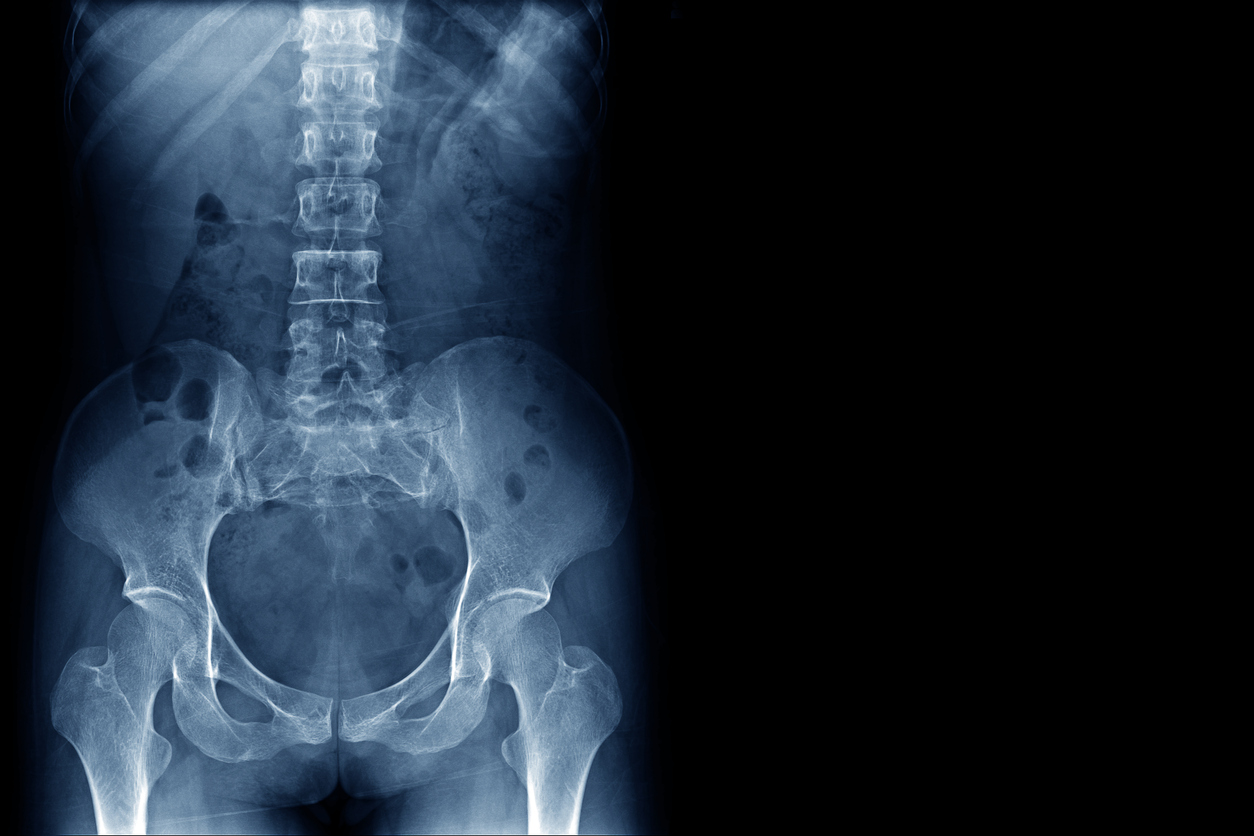Treatments
Who Is a Good Candidate for Knee Replacement?

What is knee replacement surgery?
Knee replacement, or knee arthroplasty, is a surgical procedure that involves removal of damaged bone and cartilage in the knee and replacing it with an artificial joint (prosthesis). The prosthesis is attached with acrylic cement to the lower femur (thigh-bone), upper tibia (shin-bone), and back portion of the patella (kneecap). Replacing a damaged knee with a prosthetic typically reduces pain while improving functionality.
Most physicians recommend other treatment options prior to determining that knee replacement surgery is needed. This may include anti-inflammatory medications, cortisone injections, physical therapy, weight loss, nutritional supplements, etc. If all other treatment options fail, knee replacement surgery may be necessary.
Indications for knee replacement surgery
A physician's decision for knee replacement surgery is based on the condition of the knee and the individual’s overall health. Indicators that knee replacement surgery may be necessary include the following:
- An injury has caused damage to the knee.
- A degenerative condition, such as osteoarthritis or rheumatoid arthritis, is present.
- The knee is bowed, either in or out from the leg.
- Knee pain is unrelenting (even when resting) or substantially limits the ability to perform daily activities.
- The knee is continuously stiff and range of motion is greatly reduced.
- Long-lasting inflammation of the knee is not helped with medication or rest.
- Significant degeneration of the knee joint is apparent on imaging.
- Joint space narrowing, subchondral sclerosis (bone thickening), subchondral bone cysts, or bone spurs are present.
- A less invasive surgery or conservative treatment options (e.g., activity modification, physical therapy, anti-inflammatory medication, weight loss, bracing, joint injection, etc.) are ineffective.
Contraindications for knee replacement surgery
Certain conditions may cause an individual to not be a good candidate for knee replacement surgery. These contraindications include the following:
- A knee infection has occurred in the past year.
- An infection is currently present.
- A person is medically unstable.
Relative contraindications for knee replacement surgery
Reasons to be cautious when considering knee replacement surgery include the following:
- Fragile skin or poor overlying skin is present at the knee area.
- Morbid obesity exists, which could result in prosthetic joint failure.
- Knee pain that is neuropathic.
- Insufficient bone stock or excessive bone loss has occurred, which can limit the area in which a prosthesis can be attached.
- Poor motivation or unrealistic expectations are present.
- Noncompliance occurs due to drug or alcohol abuse, or psychiatric disorders.
- Severe peripheral vascular disease (a blood circulation disorder) is present.
















